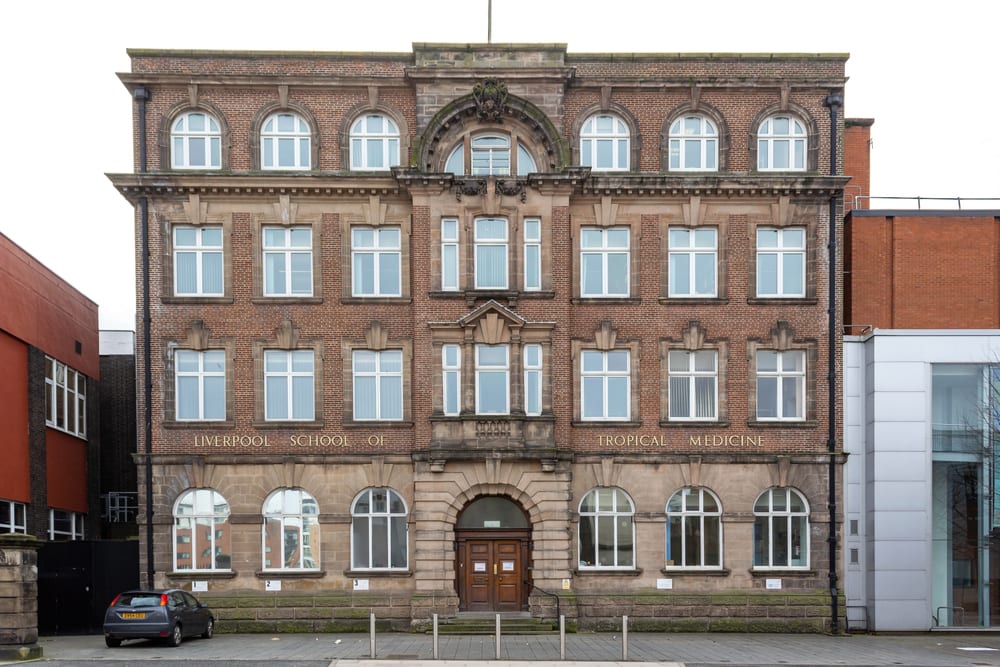
Coronavirus
Mass coronavirus testing in Liverpool: Everything you need to know
5 years ago
Liverpool is the first city in the country to have mass coronavirus testing in an effort to reduce the spread, and ease the pressures on our hospitals.
But although we know it’s happening, and everyone will be offered a test, how will it work and what will it mean for people?
Here’s everything we know so far …
What is the point of mass testing?
The idea is to find positive cases, especially among people who aren’t showing any symptoms, to help prevent and reduce transmission. The more people are tested regularly, the more positive cases are likely to be identified and if they then self-isolate, it should bring Liverpool’s infection numbers down. The plan is to offer repeat tests every two weeks or so.
Who can get a test?
Anyone in any of the Liverpool city council area so that’s all ages living in these wards: Allerton and Hunts Cross, Anfield, Belle Vale, Central, Childwall, Church, Clubmoor, County, Cressington, Croxteth, Everton, Fazakerley, Greenbank, Kensington and Fairfield, Kirkdale, Knotty Ash, Mossley Hill, Norris Green, Old Swan, Picton, Princes Park, Riverside, Speke-Garston, St Michael’s, Tuebrook and Stoneycroft, Warbreck and Wavertree.
Although most coronavirus figures so far have been about Liverpool City Region, the mass testing won’t initially include Wirral, Sefton, Knowsley, St Helens and Halton.

Where will you have to go for a test?
The sites are still being finalised and are due to be announced soon, but we know there’ll be various ways to book a test, including online, walk-up, or by invitation from the council. Testing will happen in new and existing test sites, using home kits, in hospitals and care homes, schools, universities and workplaces.
Who will be eligible?
Anyone likely to benefit from regular testing such as key workers, health and social care staff, school staff and pupils are top of the list, but anyone who lives or works in Liverpool can get a test, including young people.
Will they be compulsory – what if you don’t want to have one?
You won’t have to get tested, it’s voluntary, although those in charge are saying it could be our best chance of having restrictions lifted in time for Christmas.
What will the test be like?
A combination of existing swab tests will be used, where a long cotton bud it put inside your nose and at the back of your throat, as well as new more advanced ‘lateral flow’ tests which can rapidly turn around results within an hour without needing a lab. The council hasn’t yet confirmed who will get which tests. The DHSC also says the pilot will also use ‘LAMP’ technology in Liverpool University Hospitals NHS Foundation Trust for NHS staff – LAMP is a new type of testing technology which can deliver significant volumes of tests.

Lateral flow tests are intended to detect the presence or absence of coronavirus by applying a swab from the nose and throat to a special test kit, and provide results without the need for a full scale laboratory
What happens if you test positive?
Positive results from tests will be collected by NHS Test and Trace and be included in the daily case numbers. Results will be received from NHS Test and Trace via text and email.
Anyone who tests positive, using either a lateral flow test or an existing swab test, will have to self-isolate along with their household immediately. Those who test negative will just be asked to carry on following the national guidance.
People asked to self-isolate through the pilot could be eligible for a £500 Test and Trace Support Payment. Details of how to apply and who is eligible are here.

What is the council’s take on mass testing?
Liverpool Mayor Joe Anderson told BBC Radio 4’s Today programme that it was “really positive for the city”.
“It hopefully means that when we come out of national lockdown on the 2nd December that Liverpool will be able to come out of tier three [the strictest restrictions] and go into a lower tier, enabling us to have eased measures heading towards Christmas,” he said.


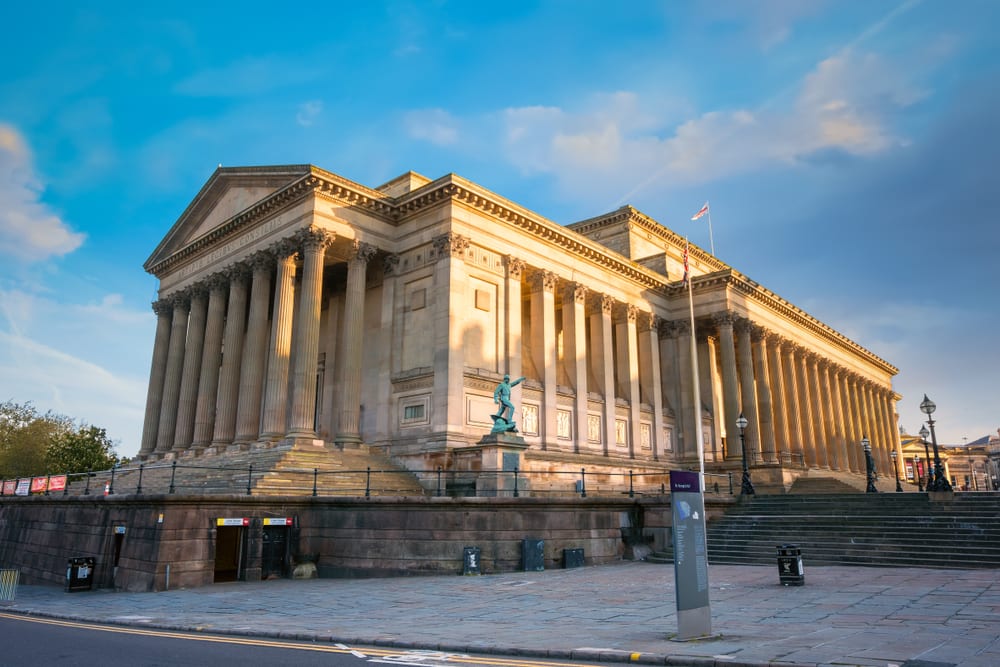

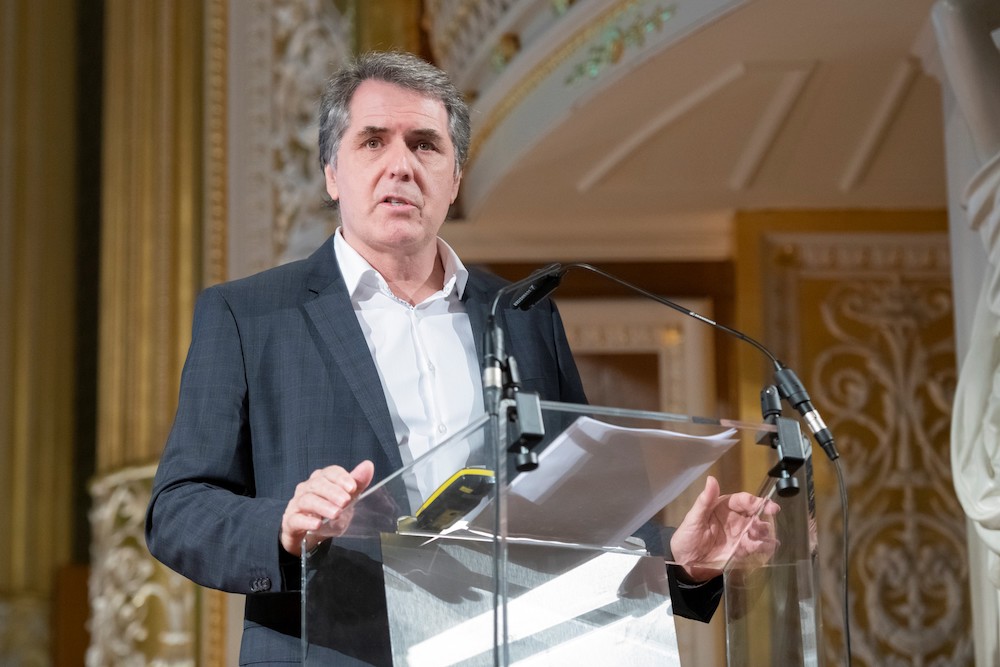
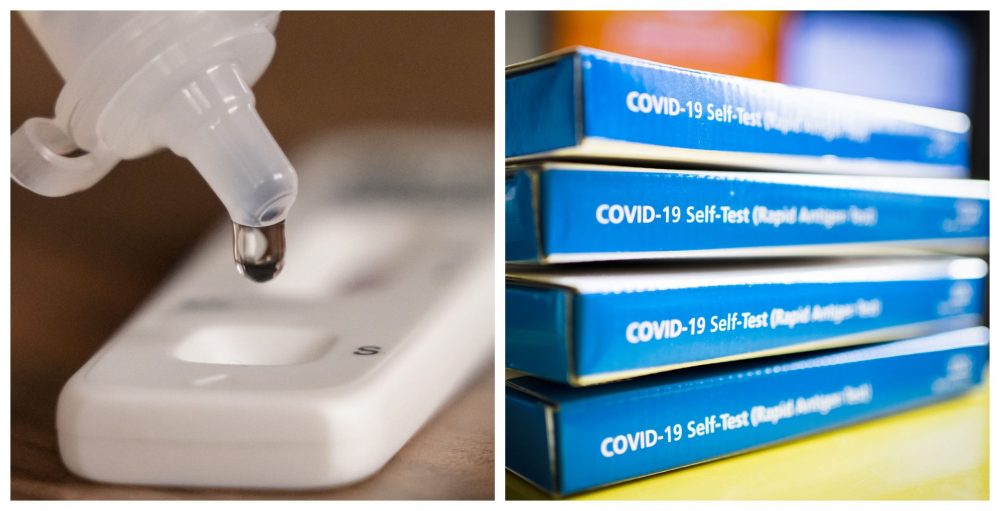
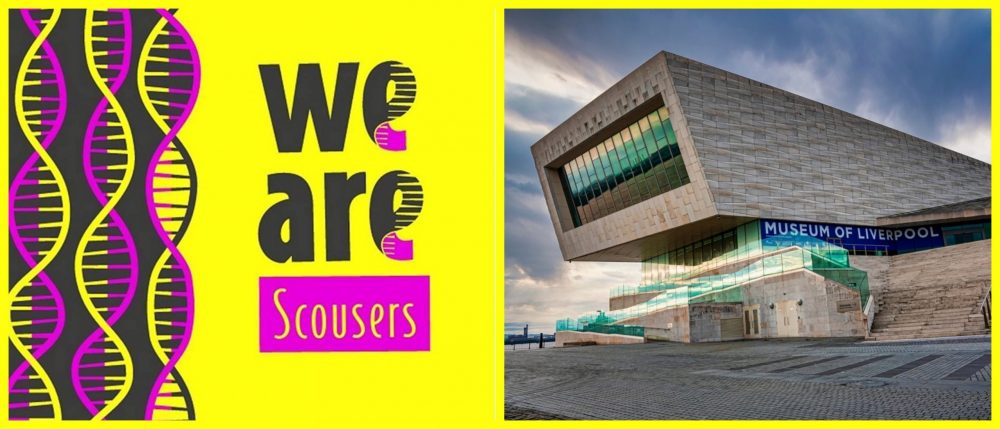

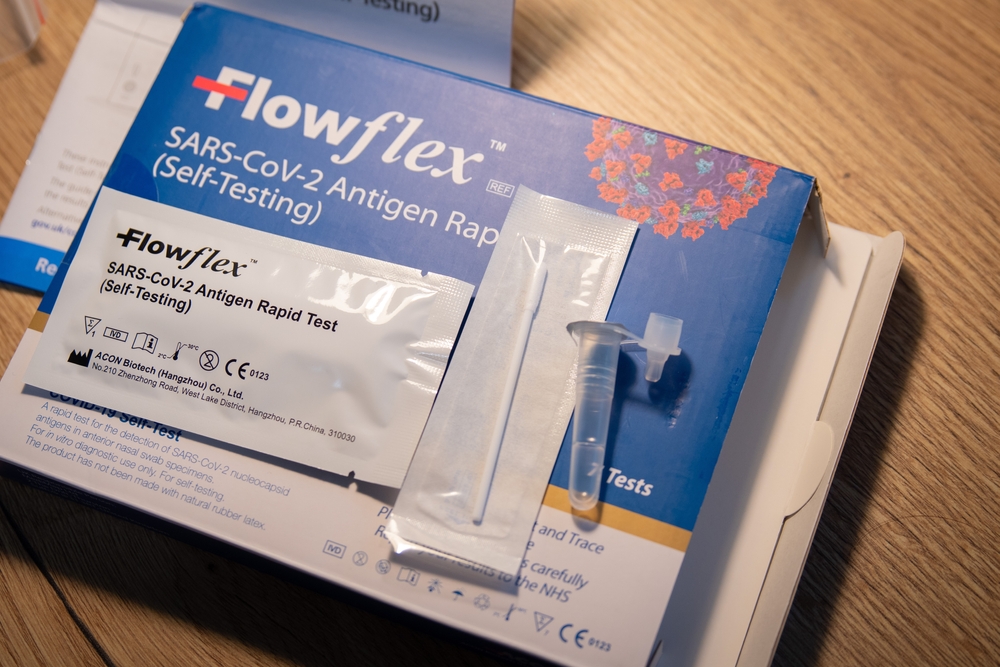
 Subscribe
Subscribe Follow Us
Follow Us Follow Us
Follow Us Follow Us
Follow Us Follow Us
Follow Us Follow Us
Follow Us











